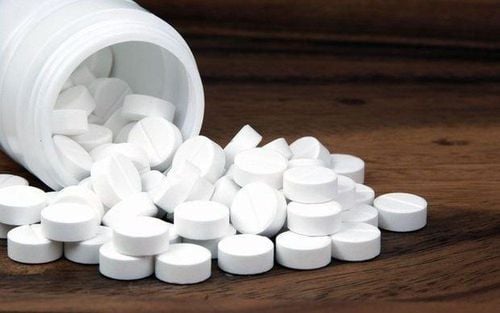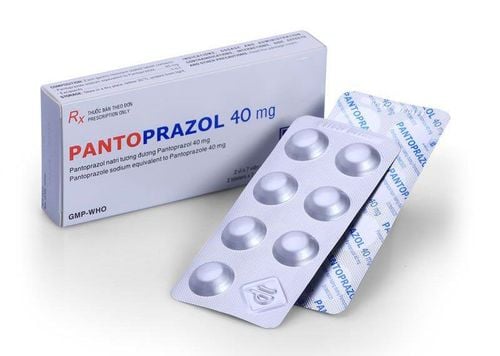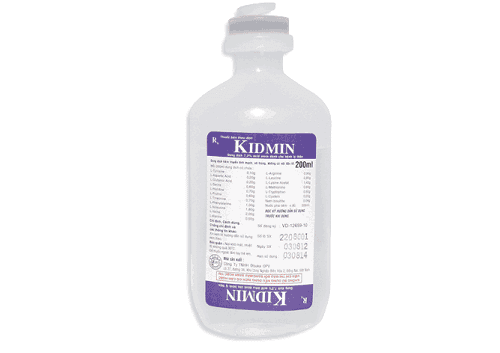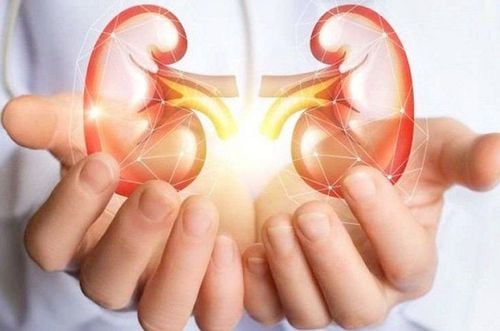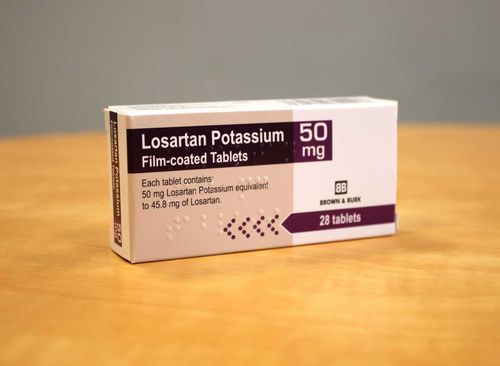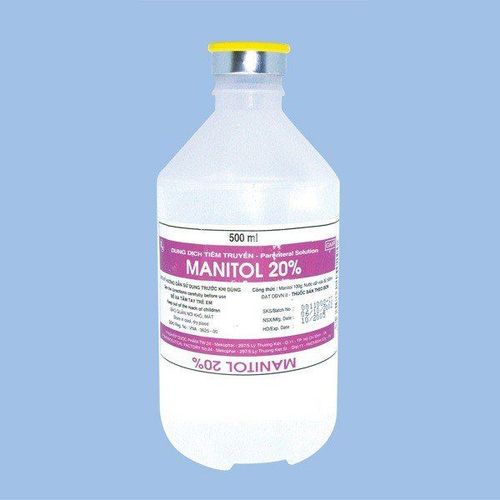This is an automatically translated article.
Obstruction of the urinary tract is a fairly common condition in clinical practice due to various causes. This blockage causes urine to pool in the kidneys, leading to increased pressure in the renal pelvis and collecting ducts. If this condition lasts for a long time, it will cause the kidneys to dilate, the renal parenchyma thin and the urine to back up into the general circulation, even causing acute kidney failure, pyelonephritis or pyelonephritis. Percutaneous pyelonephritis is considered an effective temporary solution to the obstruction until the causes of the obstruction are resolved.1. When is percutaneous pyelonephritis indicated?
Percutaneous pyelonephritis can be indicated in urinary tract obstruction due to causes such as:Cervical cancer, prostate cancer, retroperitoneal metastatic cancer,... Stones nephrolithiasis, ureteral stones, pyelonephritis with pyelonephritis, sclerosing cystitis of the ureter after surgery Narrowing of the ureter after surgery Injury to the bladder, ureter after trauma, bladder fistula or bleeding cystitis Standard equipment for urinary tract interventions such as percutaneous pyelonephritis-ureteral stenting, percutaneous ureteral biopsy, percutaneous renal stone removal, percutaneous ureteral removal, or percutaneous urinary foreign body removal. Therefore, percutaneous pyelonephritis is contraindicated in the following cases:
Severe coagulopathy Patients on anticoagulant therapy with Aspirin, Warfarin, Heparin Patients with uncontrolled hypertension Patients with increased Severe serum potassium (above 7 mEq/L)
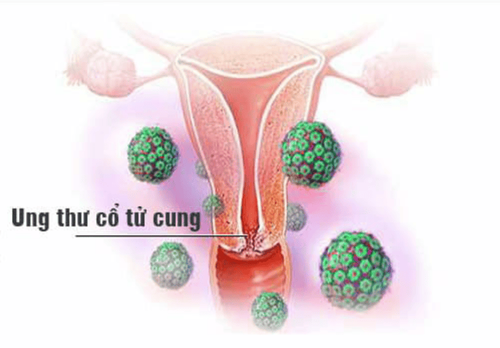
Chỉ định dẫn lưu bể thận qua da do nguyên nhân ung thư cổ tử cung
2. How to take care of patients with percutaneous pyelonephritis?
Patients after percutaneous drainage intervention should be bed rested and closely monitored for the first 4-6 hours in order to promptly detect possible complications, issues to be monitored include:Vital status: pulse, temperature, blood pressure, breathing rate Pain control Monitor fluid volume, nature and color through drainage catheter Use prophylactic antibiotics for 3-5 days depending on patient's clinical condition . In the later stages, it is necessary to monitor and care for patients with kidney disease with percutaneous pyelonephritis as follows:
The drain foot must be replaced, daily cleaned Urine catheter through the drain is monitored daily date of volume, color and bleeding status

Bệnh nhân có dẫn lưu bể thận qua da cần được nằm nghỉ tại giường và theo dõi sát trong 4-6 giờ
3. Some complications may occur in patients with percutaneous pyelonephritis:
In fact, the success rate of percutaneous pyelonephritis is usually 95-98% with low complication rate, the most common complications are low back pain, microscopic hematuria, in addition, there are some complications. Rare complications such as:Hematoma in the kidney and retroperitoneum Progressive bleeding requiring blood transfusion, aspiration or surgery Local infection or bacteremia, Pneumothorax, Perirenal urine collection, Catheterization In the first month, Vinmec International General Hospital is a high-quality medical facility in Vietnam with a team of highly qualified, well-trained and specialized doctors and medical staff. domestic and foreign, rich experience.
A system of modern and advanced medical equipment, possessing many of the best machines in the world, helping to detect many difficult and dangerous diseases in a short time, supporting the diagnosis and treatment of doctors the most effective. The hospital space is designed according to 5-star hotel standards, giving patients comfort, friendliness and peace of mind.
To register for an examination at Vinmec International General Hospital, you can contact the nationwide Vinmec Health System Hotline, or register online HERE.
SEE MORE
Percutaneous kidney stone lithotripsy: Non-invasive, highly effective Things to know about kidney stones Common types of urinary stones and how to deal




